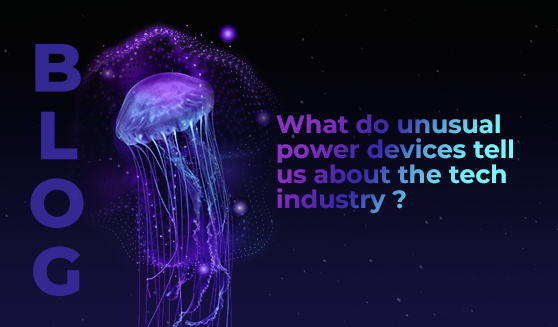
Everyone has a drawer full of batteries in their house. But beyond the standard power devices that everyone’s familiar with, researchers continue to explore different materials and techniques that can generate power and change the resources we rely on – so more and more novel power devices are in development.
Unusual power devices and materials include…
The New Scientist recently reported that liquid magnet propellers are being developed as an alternative to metal propellers, which can damage natural environments and harm wildlife. Then there are sand batteries – a potential green energy alternative to lithium-ion batteries.
This year, murmurs have been heard about the potential of zinc air batteries to transform the electric vehicle industry; they’re powered by oxidising zinc with oxygen, and with a higher energy density that lithium-ion batteries they have the capacity to store more energy in a smaller space – increasing energy efficiency for EVs over longer distances.
Scientists have even developed a technique to harness energy from the green fluorescent protein (GFP) of jellyfish – using it to create biological fuel cells that can generate electricity when they’re exposed to light. Photovoltaic devices based on GFP can power small electrical devices.
We could go on: there are countless novel energy sources in development, and many already functioning in global markets. But aside from the wonder of all these innovative sources of power, what does their development tell us about the tech industry as a whole?
Novel and innovative power sources are a sign of the tech industry’s dedication to a better future
Sure – jellyfish power and sand batteries sound curious. But there’s a bigger picture at play here.
The continuous development of novel energy devices reflects the tech industry’s commitment to innovation and sustainability. It shows that technologists are fighting for a better future – not resting on the tools and techniques already available, but working to develop new ones that can have a more positive impact on people and the planet.
Working on these niche devices and techniques isn’t a frivolous activity. Scientists and technologists have to keep experimenting – in order to create energy solutions that can sustain future technologies and support climate recovery.
Researchers and big tech firms are increasingly investing in the development of diverse and unconventional energy sources. And the benefits of doing so are two-fold: as well as enabling a more sustainable future, organisations that lead the development of novel energy sources could gain a competitive edge in the market.
We appreciate every strange new piece of power tech that we see. Because even if that specific technology is never going to take off in a big way, it proves that the industry is engaged in lightening the burden on overused natural resources, and that a different (and exciting) future is possible for renewable energy and tech.
Discover the latest in renewable energy devices at LEAP 2024. Register now.








